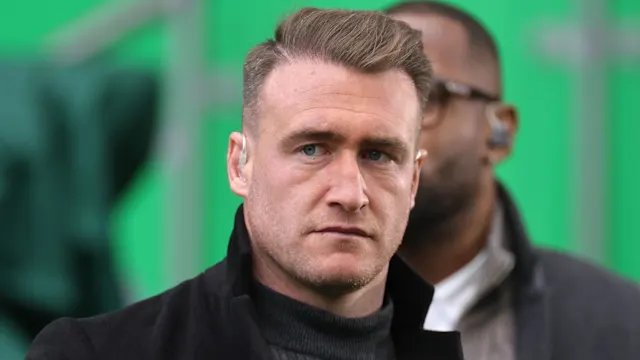Former Scotland captain Stuart Hogg has described stepping away from rugby to try to save his marriage as the “biggest mistake” of his life, in a candid interview with The Rugby Paper. The 33-year-old, who retired in 2023 at 31, says the decision left him unmoored and ultimately compounded a difficult personal period.
Hogg’s retirement, announced two months before the Rugby World Cup and attributed at the time to physical wear and tear, followed a four-year spell at Exeter Chiefs after leaving Glasgow Warriors in 2019.
He later reversed that decision and returned to professional rugby with Montpellier last summer, after being granted bail to travel to France following a breach of a court order related to contact with his ex-wife.
A raw admission of struggle, Hogg, a three-time British and Irish Lions tourist and one of Scotland’s most celebrated players with 100 caps, revealed he was “up to my eyeballs in anti-depressants” prior to his initial retirement. He said he used alcohol to escape and felt he had lost a sense of identity.
“I gave up on my rugby career to try to save my marriage. At the time, I didn’t know who I was,” Hogg told the paper.
He admitted that a misplaced idea of strength had led him to selfish behaviour that hurt others, and said he is now learning to be selfless for the right reasons — for his children, his partner and his team.
A return sparked by connection Hogg credits a charity event, the Doddie Aid cycle from Scotland to Rome, with reigniting his desire to play. The communal experience, he said, reminded him what he had missed: the camaraderie, the laughter and the collective purpose of being part of a team.
“For the first time since retiring, I felt part of a team again,” he said, adding that returning to the game prompted him to tell his father: “I’ve made the biggest mistake of my life.”
At Montpellier, he has found a welcome, with players and coaches valuing his presence as he regains confidence.
Legal outcome and recovery Hogg pleaded guilty last November to a single charge of domestic abuse and in January was spared a custodial sentence; instead he received a community payback order with one year of supervision. He has spoken publicly about undergoing rehabilitation after his arrest and says he is in a better mental place than he has been for years.
While grateful for the revival of his rugby career, Hogg acknowledged the personal cost of being away from his children and expressed hope they might visit him in France. He accepts he will never be the same player or person he once was, but says he has found a measure of peace and purpose in the new chapter.
The story of Hogg’s departure and return is a stark reminder of the pressures elite athletes face off the field and how identity, mental health and relationships can intersect with sporting careers.
